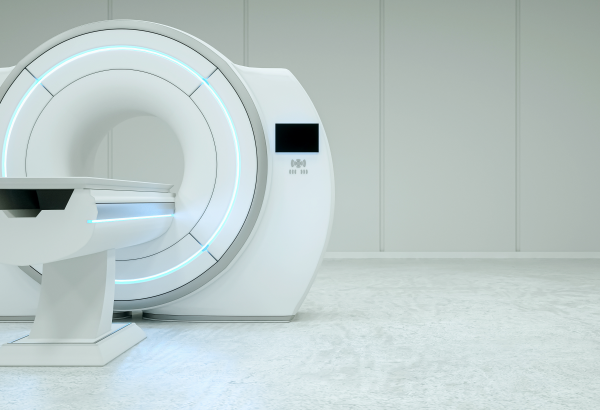Clinical radiologists are encouraging patients to attend their imaging procedures and not delay treatment as COVID-19 restrictions ease in many states across Australia.
With the exception of Victoria, most states and territories are easing restrictions, including for travel, gyms and fitness centres. Recreational activities and many community sports are restarting with the increased risk of an increase in emergency department presentations and demand for radiology services.
Dr Lance Lawler, President of The Royal Australian and New Zealand College of Radiologists (RANZCR), said radiology clinics and departments are working hard to ensure patients can access radiology services.
“While we have seen changes to COVID-19 restrictions across Australia, some people may still be concerned about attending an imaging test or procedure and attending their health appointments more broadly. This is especially true as we see localised outbreaks in different regions.
“We want people to know that we are doing everything we can to ensure a safe clinical environment. Delaying an imaging test or procedure could have serious health consequences – particularly if someone is suspected of having a serious disease or having ultrasounds for a pregnancy-related condition,” said Dr Lawler.
“If you have concerns, please speak to your doctor or your radiologist to discuss your situation. Please don’t assume that you should automatically delay your procedure, as this may not always be the right choice,” added Dr Lawler.
The college said radiology centres have strict procedures and guidelines in place to reduce the risk of transmission of COVID-19.
It said it is currently providing radiologists with the latest advice on screening, infection control and appropriate use of personal protective equipment.
“We want patients to feel reassured about the infection control measures put in place to keep people safe and healthy. Radiologists have adapted practice to limit patient contact, use multi-disciplinary teams and provide alternate methods of accessing specialist advice and treatment, including the use of telehealth where appropriate,” said Dr Lawler.
Dr Lawler said having an interventional procedure such as a biopsy or injection can access relevant information before their appointment using telehealth.
